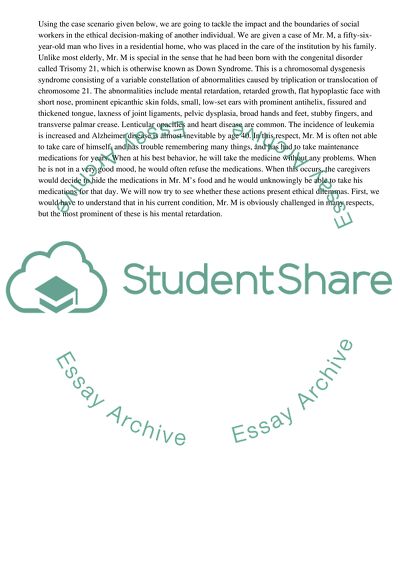Cite this document
(“Consider Ethics: Theory, Readings, and Contemporary Issues Assignment”, n.d.)
Retrieved from https://studentshare.org/business/1562269-ethical-issues-and-dilema-3rd-year-assignment
Retrieved from https://studentshare.org/business/1562269-ethical-issues-and-dilema-3rd-year-assignment
(Consider Ethics: Theory, Readings, and Contemporary Issues Assignment)
https://studentshare.org/business/1562269-ethical-issues-and-dilema-3rd-year-assignment.
https://studentshare.org/business/1562269-ethical-issues-and-dilema-3rd-year-assignment.
“Consider Ethics: Theory, Readings, and Contemporary Issues Assignment”, n.d. https://studentshare.org/business/1562269-ethical-issues-and-dilema-3rd-year-assignment.


